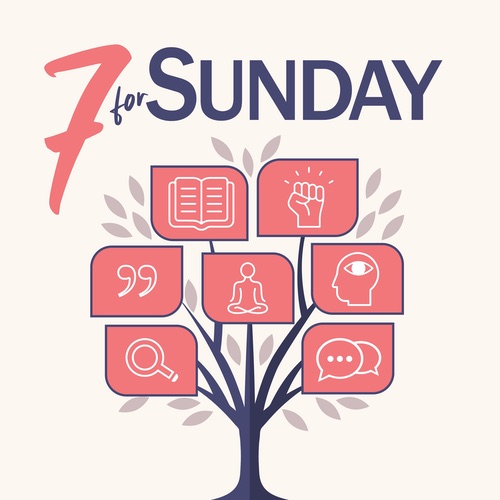Remember we employed a visual to help us understand this. We said that the Dream is like a tree in the middle of a sunny meadow. The tree casts a shadow.
~ Steven Pressfield, from Writing Wednesdays: Gotta Do It
slip:4usego2.
I find Pressfield’s metaphor to be striking. The tree in the meadow casts a real shadow. I was struck by the layers in this metaphor: light and darkness, the singular clarity of lone tree in an open space as a symbol of a life’s purpose, the proportional relationship of the larger the tree the larger and darker the shadow, and that one’s ability to avoid or at least escape the shadow is a choice we make.
By extension then, if one attempts to nurture multiple callings, visions or projects, one has multiple big trees. That’s at least a copse of trees whose shadows merge together creating something much more significant to avoid or escape from.
ɕ
